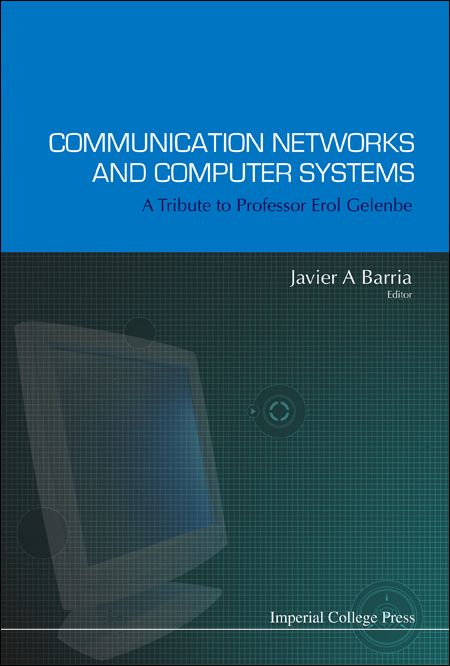A Simulation-Based Performance Analysis of Epoch Task Scheduling in Distributed Processors
Efficient scheduling of parallel jobs on distributed processors is essential for good performance. In this article parallel jobs that consist of independent tasks are considered and a special type of task scheduling referred to as epoch task scheduling is studied. With this policy processor queues are rearranged according to the Shortest Task First (STF) method only at the end of predefined intervals. The time interval between successive queue rearrangements is called an epoch. The objective is to examine if epoch scheduling can perform well as compared to the STF method, i.e. reduce significantly the number of queue rearrangements and achieve fairer service than that of STF. A simulation model is used to address performance issues associated with epoch scheduling. Simulated results indicate that there are cases where epoch scheduling can succeed in these pursuits.



